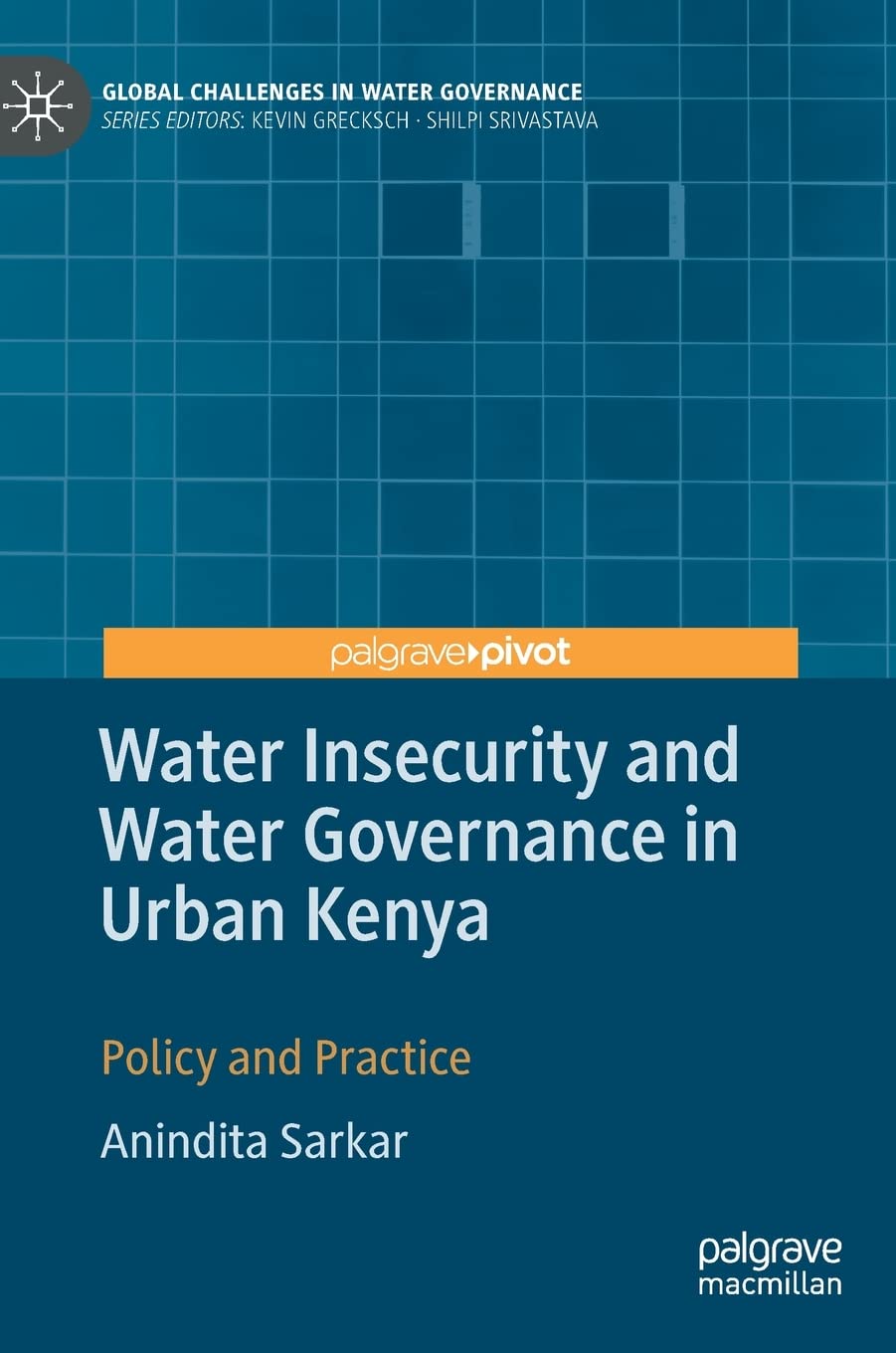

Most ebook files are in PDF format, so you can easily read them using various software such as Foxit Reader or directly on the Google Chrome browser.
Some ebook files are released by publishers in other formats such as .awz, .mobi, .epub, .fb2, etc. You may need to install specific software to read these formats on mobile/PC, such as Calibre.
Please read the tutorial at this link: https://ebookbell.com/faq
We offer FREE conversion to the popular formats you request; however, this may take some time. Therefore, right after payment, please email us, and we will try to provide the service as quickly as possible.
For some exceptional file formats or broken links (if any), please refrain from opening any disputes. Instead, email us first, and we will try to assist within a maximum of 6 hours.
EbookBell Team

0.0
0 reviewsThis book explores water service provisions of the urban poor in the cities of Africa with particular emphasis on Kenya and its capital city of Nairobi. In particular the book addresses the insecurity of tenure, and how the colonial segregation of land continues to shape water access and service provision even today in Nairobi. The book seeks to understand how urban water management entails the “production of thirst” among the urban poor and documents how cultural norms, political commitments and seemingly mundane practices of water managers combine to exclude the poor from accessing water. Supporters of privatization argue that private companies may succeed where governments have failed in supplying water to the urban poor. The author takes a closer look at this argument, demonstrating the limitations of some of the current reforms whilst also exploring alternatives and solutions. This book will be an invaluable reference for students, researchers and practitioners working in this field.